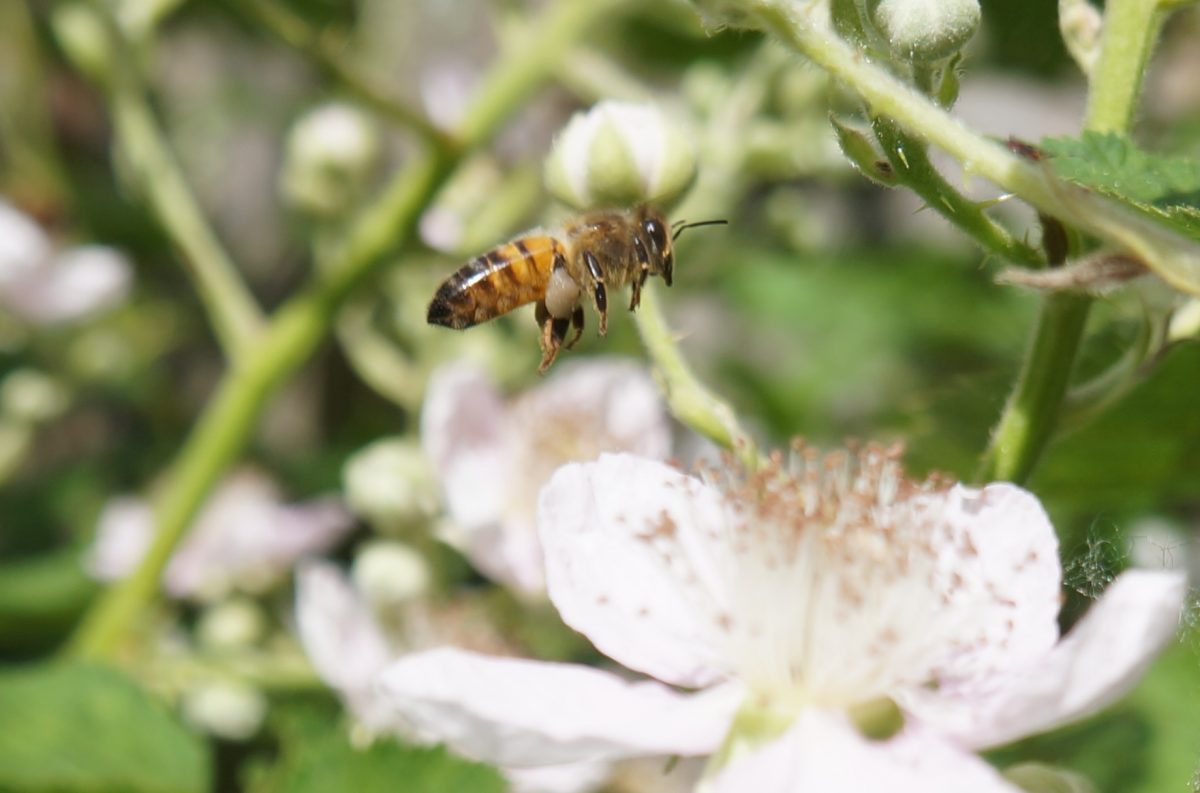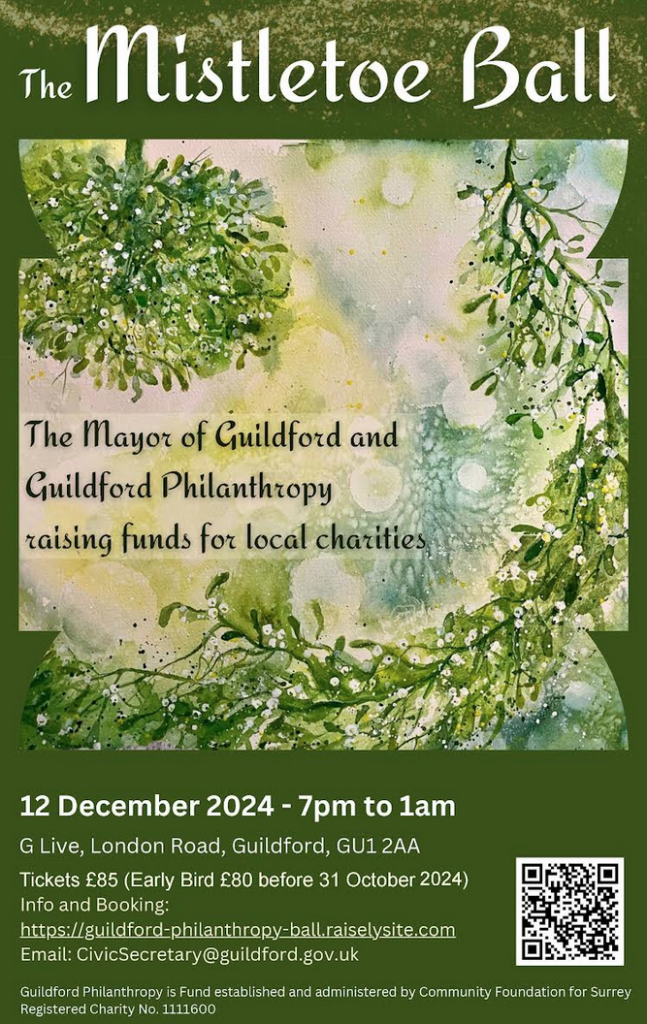- Stay Connected
 Abraham Lincoln
If given the truth, the people can be depended upon to meet any national crisis...
Abraham Lincoln
If given the truth, the people can be depended upon to meet any national crisis...
 Guildford news...
for Guildford people, brought to you by Guildford reporters - Guildford's own news service
Guildford news...
for Guildford people, brought to you by Guildford reporters - Guildford's own news service
Beekeeper’s Notes December 2017: B Plus For Learning
Published on: 1 Dec, 2017
Updated on: 1 Dec, 2017
Hugh Coakley keeps bees in Worplesdon. He talks about how new research is forcing us to look at bees in a completely new way.
At last the weather is seasonally cold and the bees are hunkering down inside the hive. They are doing what they do naturally, clustering together keeping warm and living off their stored honey.
And in a way, that is how I have regarded the bee, something absolutely natural, a creature which has been around for millions of years, doing what it always does and surviving. It forages during the summer months and then uses the stored honey to get through the harsh winter weather. Simple.
But this could be very wrong.

Have we underestimated the ability and fexibiblity of bees? The photo is of a pollen-ladened bee landing on a blackberry flower. But can they do more than we think? Click on the image to enlarge it.
Amazingly, these tiny creatures could be capable of much more. Have a look at this article in the New Scientist.
With a brain of about one million neurons (compared to a human brain of about one hundred billion), bumblebees apparently can learn new activities. Astonishingly, they even learn faster when they are shown a new task by another bee.
Intriguingly, in seeking out ways to get the reward on offer in the experiment, the bees didn’t just simply copy the demonstrator but actually improved upon the demonstrator’s strategy.
We know honeybees communicate with each other, the waggle dance is one example of their complex language. We know that they remember routes and multiple locations when out foraging. Now we see bumblebees reacting to new situations, conditions they wouldn’t encounter in the usual rub of their life, and working out the best solution. So not just at the mercy of nature but learning to make the most out of new circumtances.
When I was a lad, it was generally accepted that humans were the only beings on the planet which were capable of rationale thought and planning, compassion and caring and humour. We had the opposable thumb. We used tools. We were superior.
We see much of these traits now in other creatures. There is less of a difference between man and other animals and plants than we fondly thought. It is not so much a matter of the differences between us but more a matter of degree.
I wonder would the bees have responded more quickly if they had been offered nectar points?
Every little helps.
















Recent Comments